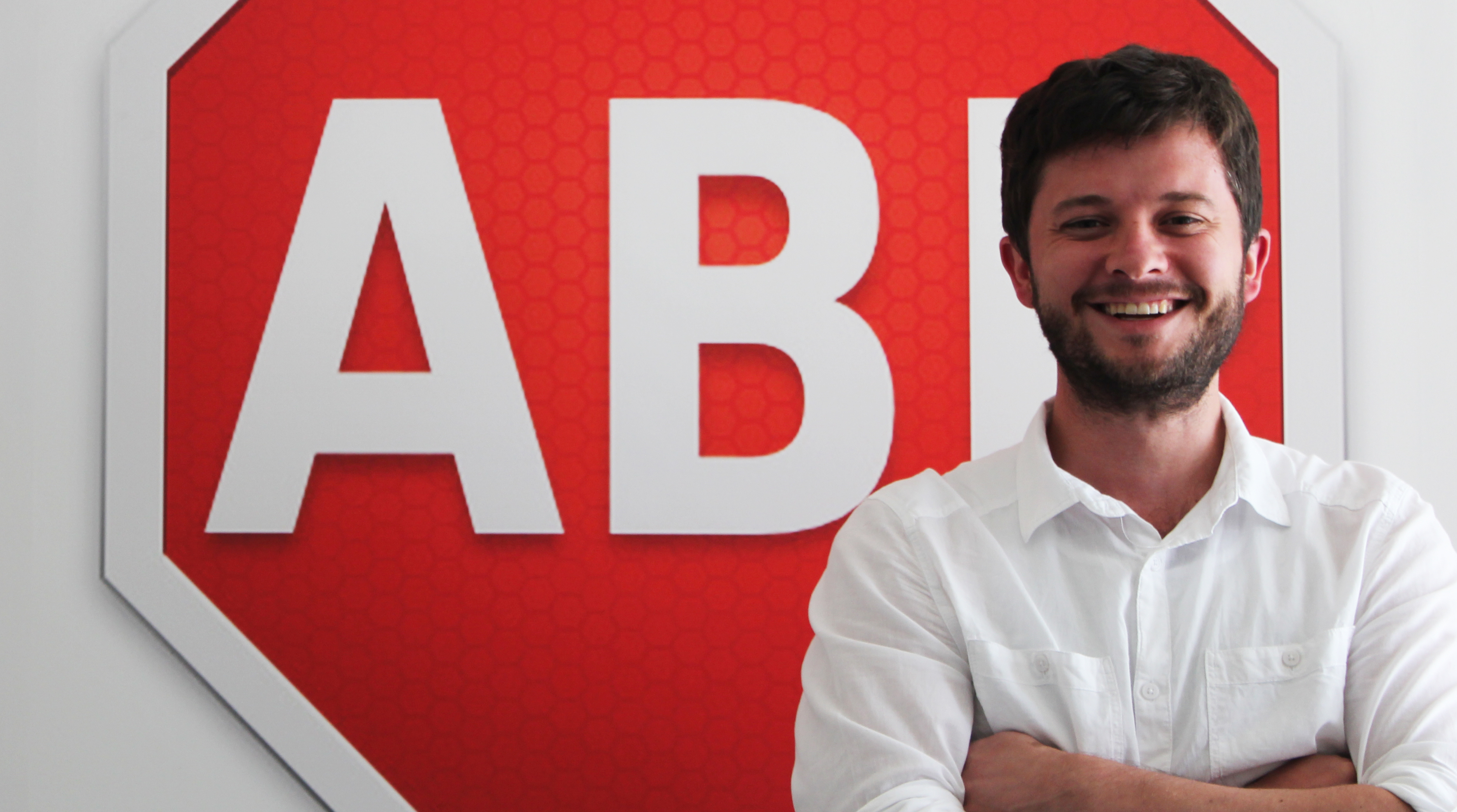As the Economist shows, the application to block online ads are becoming a real threat to advertisers. Customers dissatisfied with the slow loading web pages and the fact that advertisers are too well aware of them. They increasingly install programs that block advertising on the internet: over the last three years, their number has quadrupled.
A few numbers:
Blocking in 2015 will cost $ 21.8 billion to advertisers, which is twice more than in 2014. In 2016, the damage from the block will grow twice and reach $ 41.4 billion.
198 million consumers go for ad blocking applications on computers and mobile devices.
In some countries (Poland, Greece), 35-37% of Internet users installed an adblock.
What to expect in the area of online advertising? This topic has been hotly debated at the annual conference of the Advertising Week, which started in New York on 28 September. Economist, meanwhile, makes its own forecast. The blocking or "Adblockalypse", as it was already called in the media, will cause reshuffle in the free services market. Probably, we will see the rise of native (natural) advertising, that is, messages masquerading as native content site. Such advertising, in turn, may even spur innovations - in particular, the development of online payment systems.
Meanwhile, in early October, a court in Cologne has rejected the claim of the German Axel Springer media holding against the project Adblock Plus, according to a press release of the latter. The publisher demanded prohibition of any ad-blocking tools: the holding’s outrage was caused particularly by Adblock’s manifest on acceptable advertising.
This precedent is the fifth in a row, when the courts of Germany stand up for the project: a finding in its favor was adopted in April 2015 by the court of Hamburg (the plaintiffs were local agencies Handelsblatt, Zeit Online); in May, the Munich court took Adblock’s side as well (the plaintiffs - telcos ProSiebenSat1, RTL).
It is noteworthy that the trial, initiated by Axel Springer, brought the fighting with adblocks to international level: first, the lawsuits were filed only by local enterprises. Commenting on the outcome of the case against the media holding, co-founder of Adblock Plus Till Faida compared his colleagues to known superheroes:
- Like Superman or Batman, we protect the rights of users and it is extremely hard work; yet, it's worth it.
source: economist.com
A few numbers:
Blocking in 2015 will cost $ 21.8 billion to advertisers, which is twice more than in 2014. In 2016, the damage from the block will grow twice and reach $ 41.4 billion.
198 million consumers go for ad blocking applications on computers and mobile devices.
In some countries (Poland, Greece), 35-37% of Internet users installed an adblock.
What to expect in the area of online advertising? This topic has been hotly debated at the annual conference of the Advertising Week, which started in New York on 28 September. Economist, meanwhile, makes its own forecast. The blocking or "Adblockalypse", as it was already called in the media, will cause reshuffle in the free services market. Probably, we will see the rise of native (natural) advertising, that is, messages masquerading as native content site. Such advertising, in turn, may even spur innovations - in particular, the development of online payment systems.
Meanwhile, in early October, a court in Cologne has rejected the claim of the German Axel Springer media holding against the project Adblock Plus, according to a press release of the latter. The publisher demanded prohibition of any ad-blocking tools: the holding’s outrage was caused particularly by Adblock’s manifest on acceptable advertising.
This precedent is the fifth in a row, when the courts of Germany stand up for the project: a finding in its favor was adopted in April 2015 by the court of Hamburg (the plaintiffs were local agencies Handelsblatt, Zeit Online); in May, the Munich court took Adblock’s side as well (the plaintiffs - telcos ProSiebenSat1, RTL).
It is noteworthy that the trial, initiated by Axel Springer, brought the fighting with adblocks to international level: first, the lawsuits were filed only by local enterprises. Commenting on the outcome of the case against the media holding, co-founder of Adblock Plus Till Faida compared his colleagues to known superheroes:
- Like Superman or Batman, we protect the rights of users and it is extremely hard work; yet, it's worth it.
source: economist.com



















